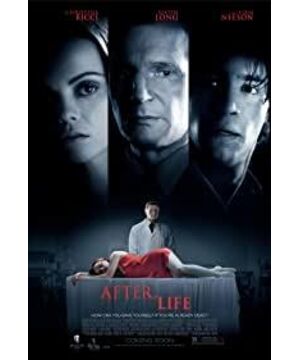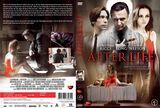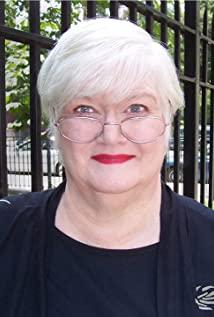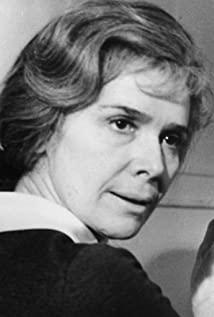I have to say that the ending is too controversial. Whether it is a murderous self-revelry, or a sympathetic ferryman sending Buddha to the West, each interpretation can be properly interpreted. Around this suspense, the film takes us through the week before the burial of the "corpse" with a slow and even clever rhythm, and the actors' performances are also greater than the richness of the plot. Almost all the doubts revolved around the performance of the funeral director Ellott, which allowed the fear of being buried alive to expand infinitely in front of the audience.
The film tells the story of Anna waking up after a car accident to find that the funeral director told her she was dead, but she apparently breathed and could touch real objects. Under the continuous persuasion and actions of the funeral director for several days, Anna gradually accepted her own death until the day of the funeral...
Judging from the performance of the funeral director, in fact, the story is more inclined to the rhythm of the small town giving birth to perverted murderers, but the controversy is endless:
1. According to the funeral director, only talented people can see the corpse walking and talking, so he does not need to do everything possible to lock the door of the autopsy room to prevent the corpse from escaping: in the eyes of others, it is terrifying or harmless The corpse doesn't move, so where can it escape?
2. When Anna is willing, she can make a phone call, which means that she smashed the entire autopsy room and is not a stray soul in another dimension. Her behavior can be felt by people in this world, and it can also affect the world. thing, then the greatest possibility is that this is what she did alive.
3. Anna was breathing. The first time it was wiped off by the funeral director, and the second time it was discovered by Anna. This is actually the most favorable evidence that Anna is actually alive.
4. The little boy Jack was brainwashed by the funeral director, thinking that he could see the dead body still moving, so he buried the chicken he had been raising, thinking that although the chicken was still moving, it was actually dead. This is likely to indicate that the funeral director is a psychopath at all, and his frantic desire to control makes him think he is an incarnation of Jesus, who can talk to the dead and help them extradite to the realm of the dead. But it is very likely that he is like a confused but determined little boy: he refuses to believe his glasses, but chooses to believe what he believes in his heart.
5. If the funeral director lets Anna's boyfriend Paul take a look at Anna's body, Paul will not ask for trouble again and again or even dig a grave and crash a car in the future, and the real reason for his refusal is likely to be a guilty conscience, because Anna is not dead. .
6. The death report has not been checked by any professional doctors and professional equipment, and the funeral director also said that this is a small town, and his work relationship allows him to know almost everyone. That is to say, for the whole town, he thinks he is a god, and after hearing the so-called "last words" of corpses, he decides whether they deserve to die. Of course, everyone went to death without exception, because he only gave them time to repent, but not a chance to be reborn.
From this point of view, the terrifying scene that Anna thought she saw "after her death" was actually the product of her subconscious and drug effects. It was like walking in the corridor of the school and she was frightened after the lights went out. She couldn't open an unlocked door, just pull it open, and she chose to push. She was deeply tortured by the psychological shadow of childhood, which prevented her from formal love and affection, so that the funeral director gave her the opportunity to let her out of the autopsy room to be "reborn", but she already believed that she could not even walk out the door when she died. Not only is he afraid of death, but he is also afraid of his inability to live a good life, and he does not even dare to face his own funeral. Not only was he despised by the funeral director, but he also lost the only chance to escape and was willing to die.
To this extent, people are actually going to die voluntarily under the lies of the funeral director. People are full of resentment, regret, fear, doubt that they are not loved, treat life as death, and don't have the courage to take a step forward to choose. It seems that the shrewdness of the funeral director lies in his fearlessness, and even a hint of frivolity. With the attitude of a god, he refuses the love and being loved by mortals, and he has no worries in grasping the ecstasy of other people's life and death. More confused people continue to die.
View more about After.Life reviews










